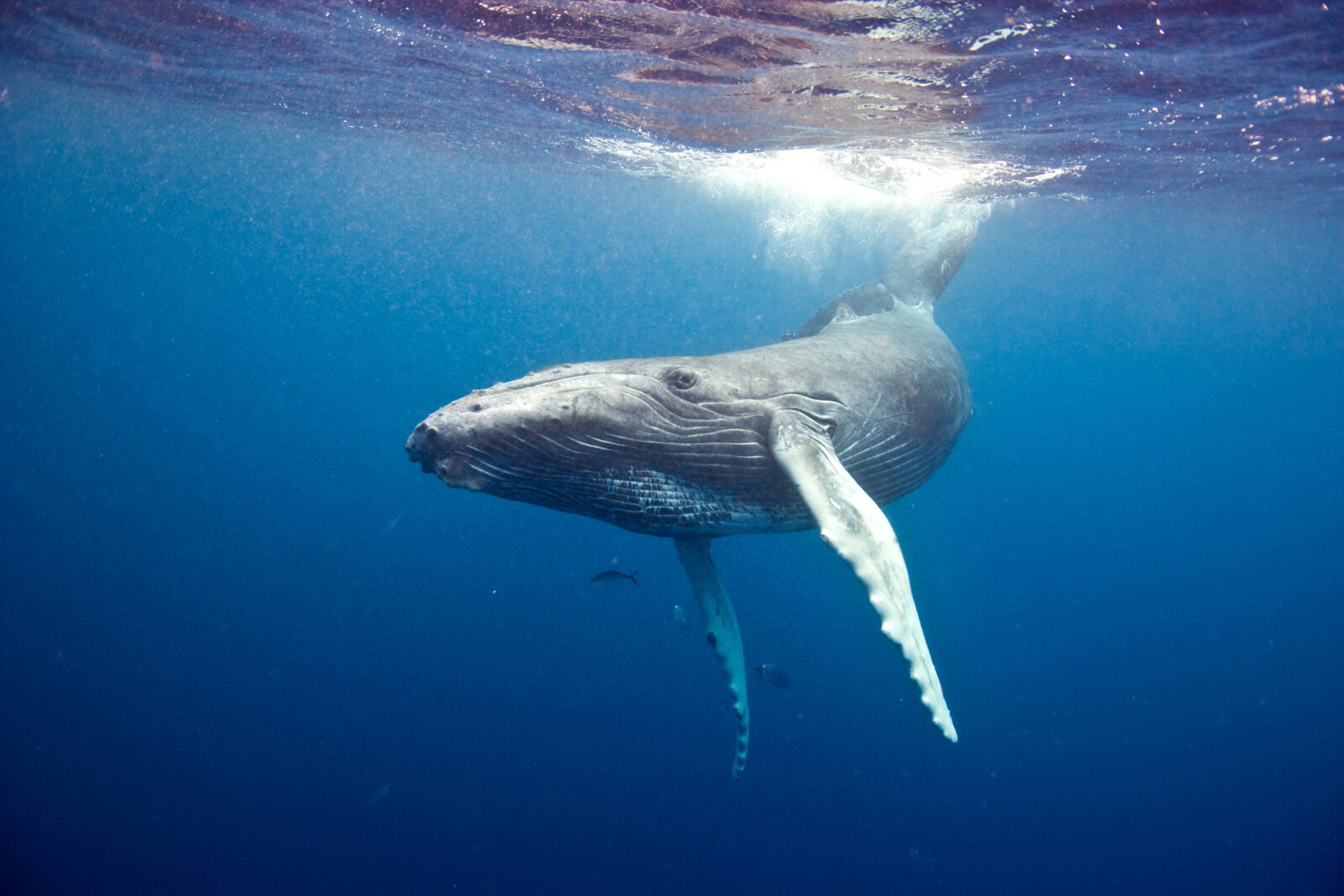

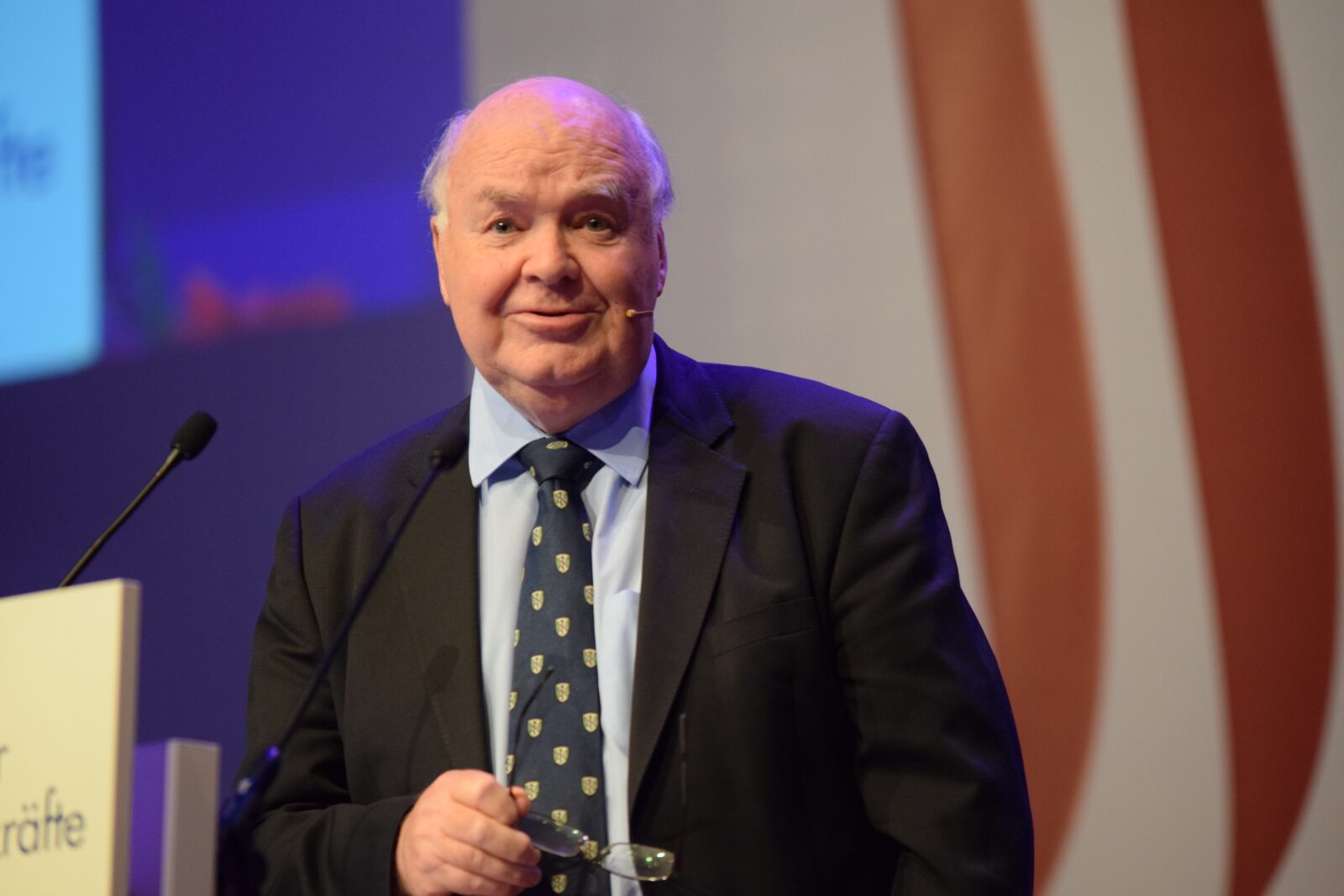
Against the Tide: John Lennox and Stephen Meyer

Liquid Harmony: How Our Bodies Manage Salt and Water
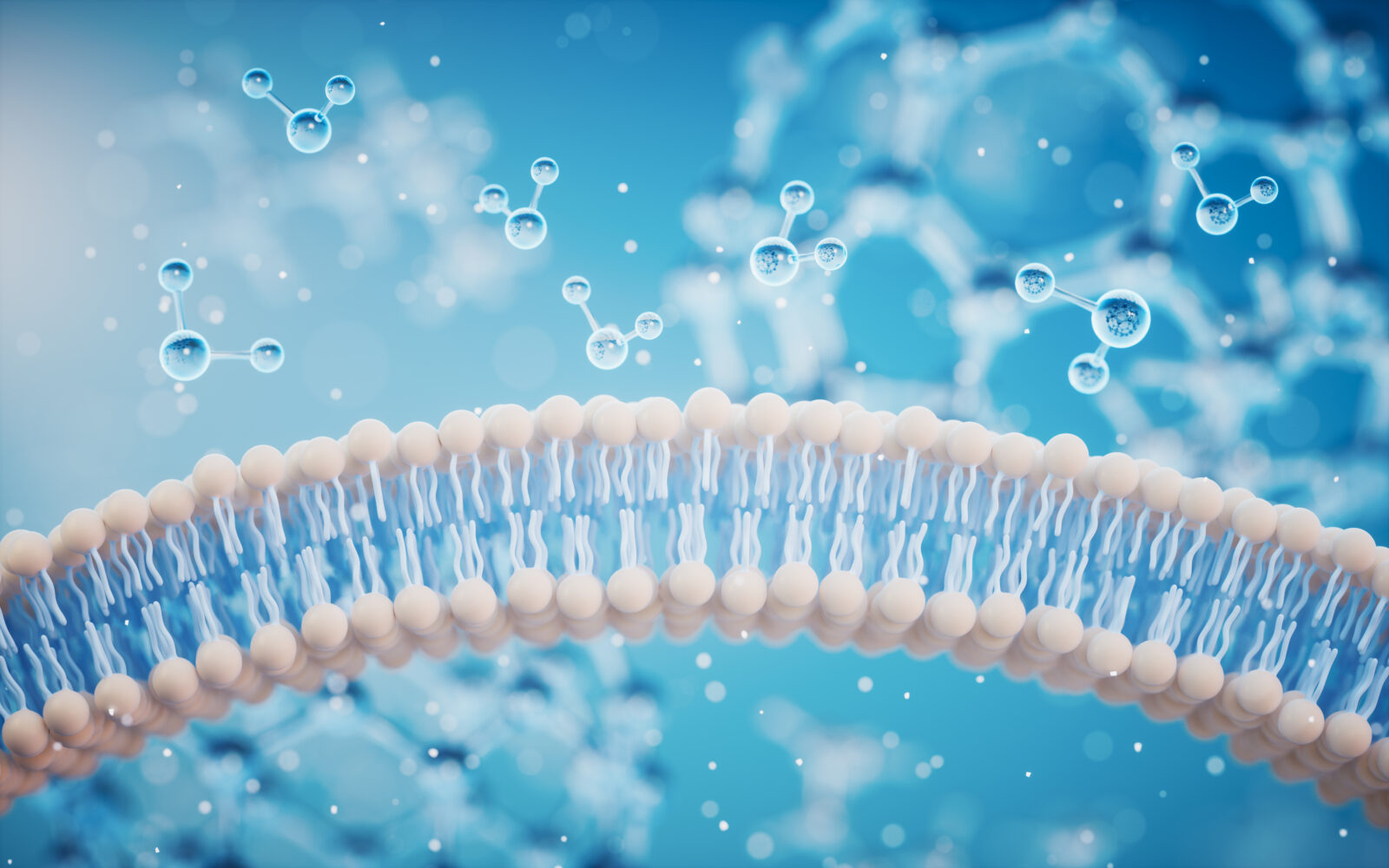
How We Balance Water and Sodium to Maintain Life

Eric Hedin on Free Will and Morality in a Designed World

Eric Hedin on Suffering in a Designed World
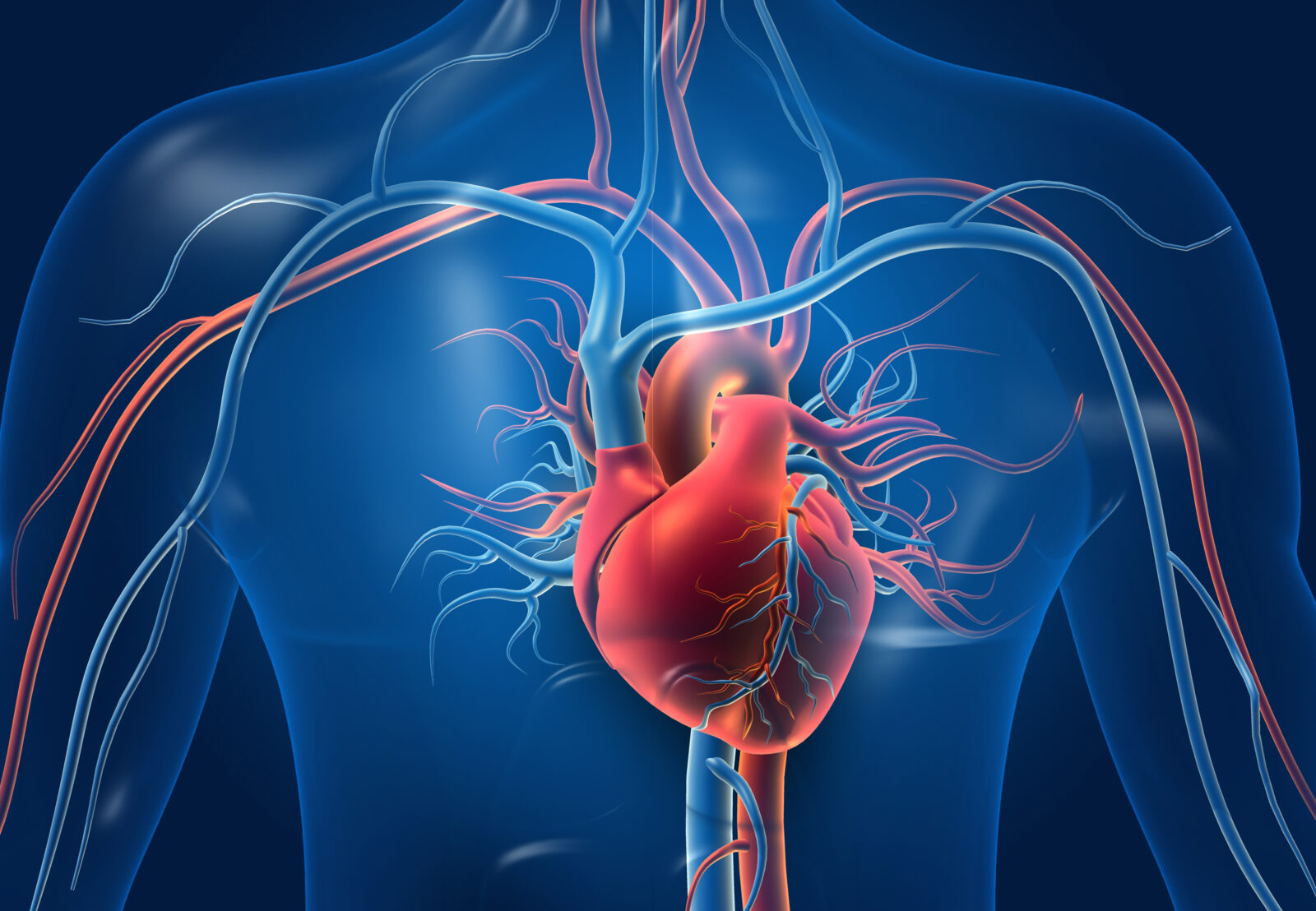
How Life Leverages the Laws of Nature to Survive

John Bloom on the Match that Lit the Scientific Revolution
On today’s ID the Future Biola University physicist John Bloom discusses his chapter in the recent anthology The Comprehensive Guide to Science and Faith, co-edited by host Casey Luskin. Bloom’s focus in his contributed chapter is the pivotal role of Christianity in the rise of science. Bloom, the academic director of Biola’s master’s program in science and religion, draws on his PhD training in physics but also on his PhD in ancient Near Eastern studies and his study of the history of science. Here he argues that while the Babylonians and Greeks contributed some discoveries and insights that would eventually play into the rise of science, science did not take off, was not born, until a cluster of crucial ideas drawn from the Judeo-Christian worldview infused Western thought. Only then did astrology become astronomy, alchemy chemistry, and the great adventure of scientific discovery begin in earnest. Tune in as Bloom and Luskin discuss the ancient predecessors of science and some of the key founders of science, including Copernicus, Galileo, Kepler, and Bacon, along with crucial ideas drawn from the Judeo-Christian worldview that lit the match. And find your copy of The Comprehensive Guide to Science and Faith here.
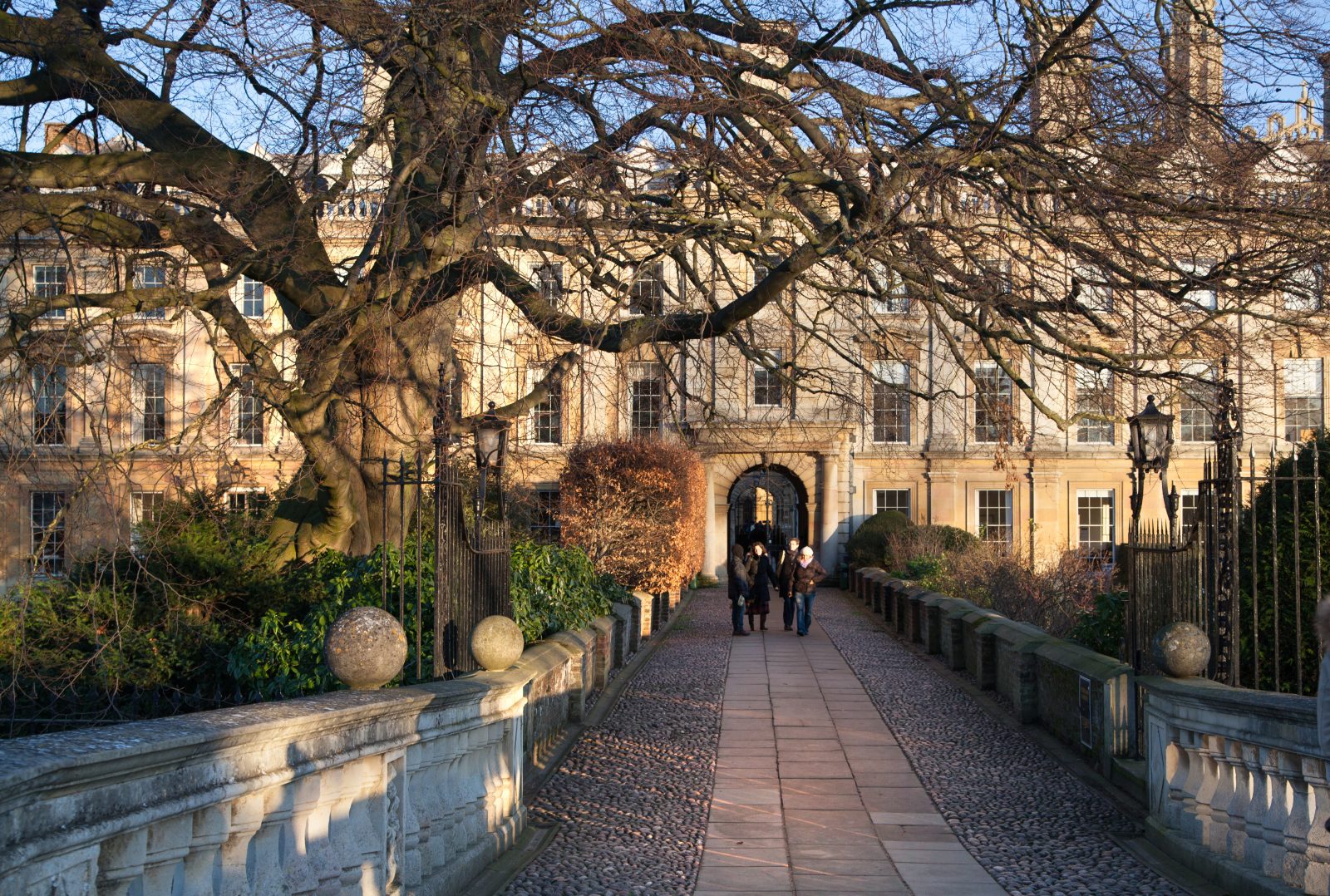
John Lennox and Steve Meyer Against the Tide, Pt. 1
On this ID the Future, Stephen Meyer and Oxford University mathematician and thinker John Lennox begin a three-part conversation about Lennox’s upcoming documentary, Against the Tide: Finding God in an Age of Science. As Lennox explains, he grew up as the child of a uniquely non-sectarian Christian family in Northern Ireland, with parents who encouraged him to question broadly, read widely, and respect every person as a creature made in the image of God. He tells of his encounters with C. S. Lewis at Cambridge University, relates a humorous story in which atheist Peter Atkins gave him the title of one of his books, and describes his front-row seat as he watched the scientific atheism of the 1960s transform into the aggressive and contemptuous New Atheism of more recent years — a story that includes Lennox’s own debate with Richard Dawkins.